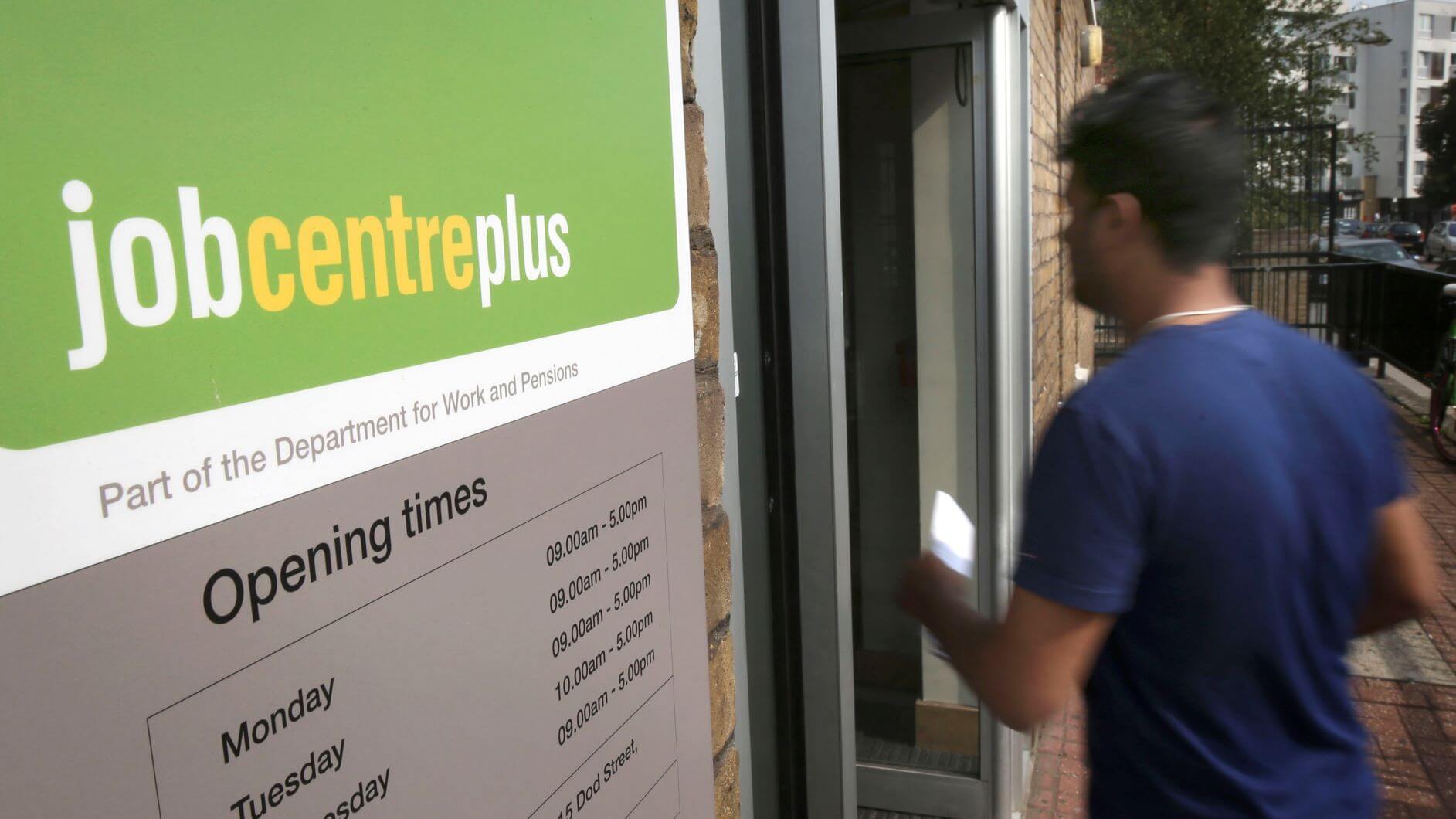UK Sees Sharp Rise in Health-Related Welfare Benefits, Outpacing Comparable Economies

Britain has experienced the largest increase in health-related welfare benefits among major developed economies, highlighting a significant challenge for the new government as it seeks to reduce inactivity and encourage more people into work.
According to a report published on Thursday by the Institute for Fiscal Studies (IFS), the number of working-age people receiving health-related benefits in England and Wales surged by 38% over the past four years, now reaching 3.9 million individuals—roughly 10% of the working-age population.
This rise contrasts sharply with trends in similar economies such as Australia, France, Germany, and the United States, where the number of people receiving health-related benefits either remained stable or declined. The IFS report noted that only Denmark saw a significant increase, with a 13% rise in health-related benefit claimants.
Eduin Latimer, an economist at the IFS and co-author of the report, suggested that the COVID-19 pandemic and the subsequent cost-of-living crisis may have impacted Britain more severely than other countries.
Strains on the National Health Service (NHS) and low unemployment benefits may have exacerbated the problem, but the precise causes of the surge remain unclear.
"Figuring out what is behind the recent rise must surely be a top priority for the government if it is going to be able to respond appropriately," Latimer said.
Under Britain's current welfare system, unemployed individuals receive a basic monthly payment of £393.45 ($520.10) plus housing costs, and must demonstrate they are actively seeking work for up to 35 hours a week.
However, those classified as long-term sick are entitled to an additional £416 per month and are exempt from work-search requirements. This financial discrepancy between unemployed and health-related benefits could be contributing to the rising number of claimants.
The previous government, led by former Prime Minister Rishi Sunak, attempted to address high levels of economic inactivity by introducing a combination of incentives and sanctions aimed at reducing long-term welfare dependency.
However, the new government, under Prime Minister Keir Starmer, has signaled a different approach, focusing on improving healthcare services to help more people re-enter the workforce.
The IFS report also highlighted that the increase in health-related welfare spending was particularly concentrated in regions that already had high claimant numbers before the pandemic.
While the UK’s spending on health-related benefits for working-age individuals is comparable to other advanced economies—at around 1.7% of national GDP—experts warn that this could rise significantly if current trends persist.
Starmer’s government faces a delicate balancing act. Addressing the growing number of people dependent on health-related benefits, improving the strained NHS, and encouraging higher workforce participation will be critical tasks as the country grapples with a post-pandemic economic recovery.
With welfare spending rising and the demand for health services showing no signs of abating, the government must develop comprehensive solutions to both support those genuinely in need and incentivize more people to rejoin the workforce.
Thanks for signing up to Minutehack alerts.
Brilliant editorials heading your way soon.
Okay, Thanks!


